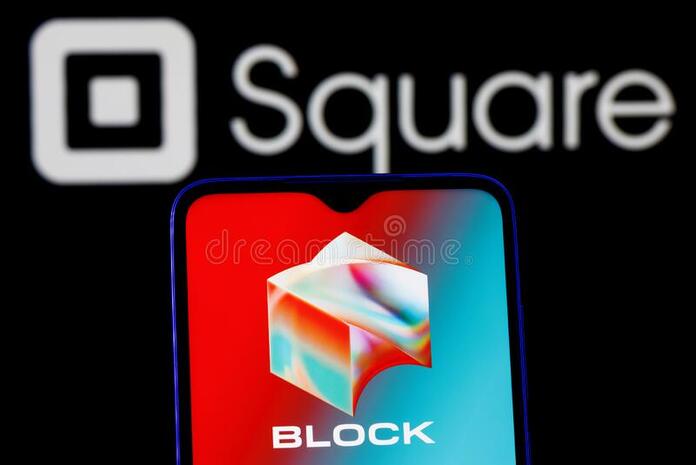Short selling is one investment method that has become increasingly popular over the past few years. Investors are always looking for new ways to increase the return on their investments. This strategy is selling shares that have been borrowed in anticipation that their price would drop. If successful, the investor will be able to buy the shares back at a cheaper price and pocket the difference. Short sellers, on the other hand, can be a source of anxiety and uncertainty for both corporations and investors in such companies. Recent actions taken by a short seller to attack Block stock have caused widespread anxiety among investors. In the following paragraphs, we will take a more in-depth look at what occurred and investigate some of the reasons why it might not be as disastrous as it first appears.
Square (NYSE:SQ) stock has been doing poorly over the course of the previous week following the publication of a report by a short seller that contained damaging charges about the company. Analysts believe that the damage to the investment story is not nearly as severe as it might initially appear to be.
What Happened When a Short Seller Aimed Their Guns at Block Stock?
Block stock was targeted by a short seller not so long ago, which resulted in a precipitous drop in the price of the company’s stock. The short seller asserted that Block had participated in unethical business activities and had overstated the company’s financial success, which resulted in the stock of the company being overpriced. As a direct consequence of this, many investors started selling their shares out of worry that the price of the stock would continue to fall.
What Kind of Response Did the Market Get?
The stock price of Block immediately started going down when the report from the short seller was made public. After only a few short days, the stock had lost more than fifty percent of its value, leaving many investors bewildered as to what had transpired. On the other hand, there are a number of reasons why this might not be as disastrous as it first appears.
Following the disclosure by Hindenburg Research on Thursday that they had a short position in the company and were betting against its share price, shares of Block (NYSE:SQ) were trading 0.2% lower in premarket trading in the United States on Tuesday. As a result, the stock has dropped more than 15% in the past week.
The stock is expected to open higher than $64 per share despite the fact that it has recovered from its post-Hindenburg report low of $58, but it is still being held back by the fact that Wall Street analysts and fund managers are divided about the news.
Hindenburg claimed that Block had overstated user stats and did not take action to curb unethical behavior. Block, the company that operates the mobile payments network Cash App, the point-of-sale system Square, and the “buy now, pay later” service Afterpay, stated that the allegation was erroneous and that it would investigate the possibility of taking legal action against the short seller.
The short seller’s assertion that Block “wildly inflated” its user counts is the most damning allegation when seen from the perspective of an investor. According to Hindenburg’s allegations, former workers said that between 40 and 75 percent of the accounts they investigated were fraudulent, fictitious, or part of a group of accounts that all belonged to the same person. The assumptions that underpin projections of revenue and earnings would need to be revised significantly in light of this development.
In response to the report that was submitted by the short seller, Block made a statement in which he refuted the claims and accused the short seller of disseminating incorrect material. The business also said that it had engaged the services of a law firm to look into the allegations and that it intended to take legal action if required. It’s possible that this forceful response helped to reassure some investors that Block is taking the claims seriously and is willing to fight back against them.
The analyst team at Mizuho Securities, directed by Dan Dolev, has performed its own computations. Block has been given a rating of Buy by Mizuho (8411 +2.47%), which is in line with the general opinion of analysts polled by FactSet.
A confidential survey conducted by Mizuho among hundreds of users of the Cash App and Cash Card helped develop what they refer to as a “floor” for unique accounts. This is the minimal number of real monthly active users that exists when duplication is taken into consideration. According to estimates provided by Mizuho, there are at least 35 million to 40 million genuine unique Cash App monthly active users. This represents 70–75% of the total number indicated by the company.
“Although the true monthly active user count is likely considerably closer to management’s declared 51 million,” Dolev said in a note published on Tuesday, “this could only be verified via a quantitative declaration from Block’s management.”
Dolev made the observation that “growing threats to narrative deserves a lower multiple,” which is why Mizuho decreased its price objective on Block stock from $93 to $85.
Featured Image: Megapixl









